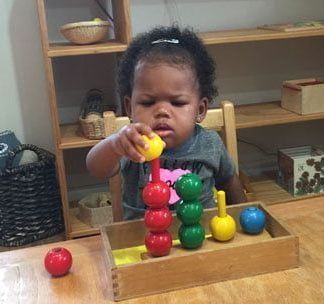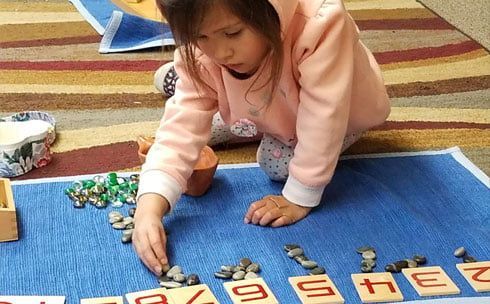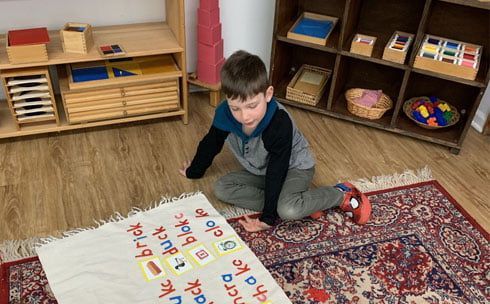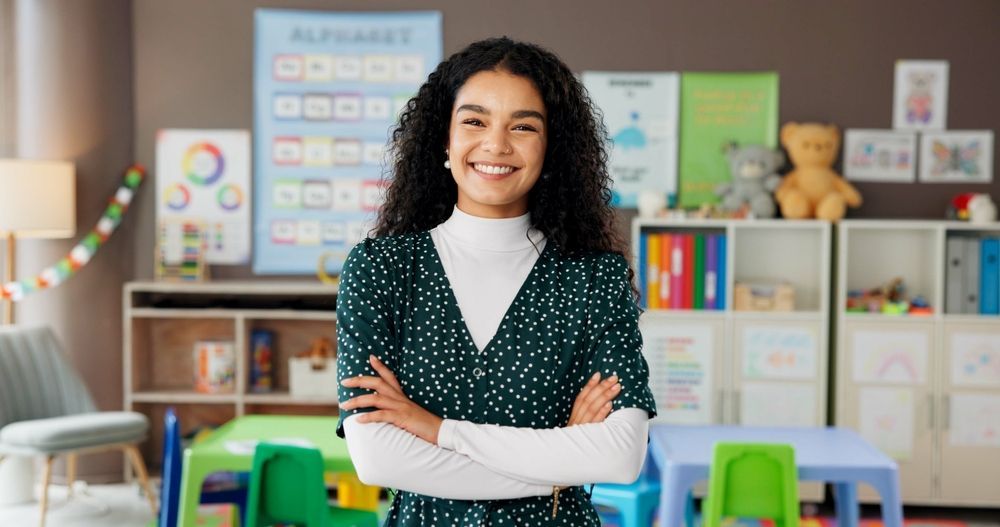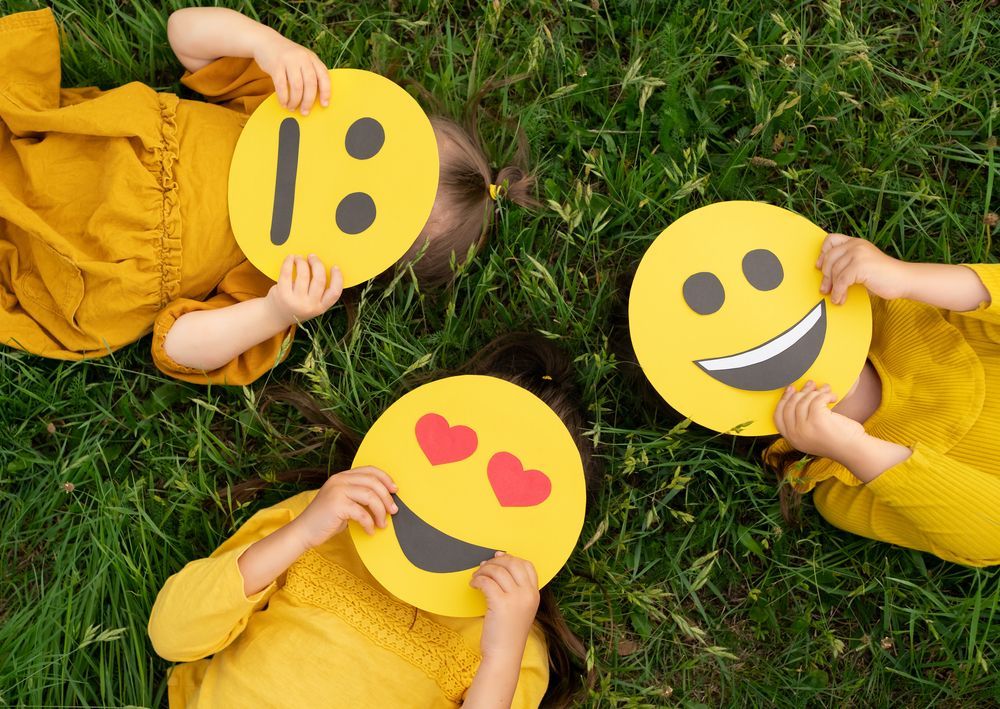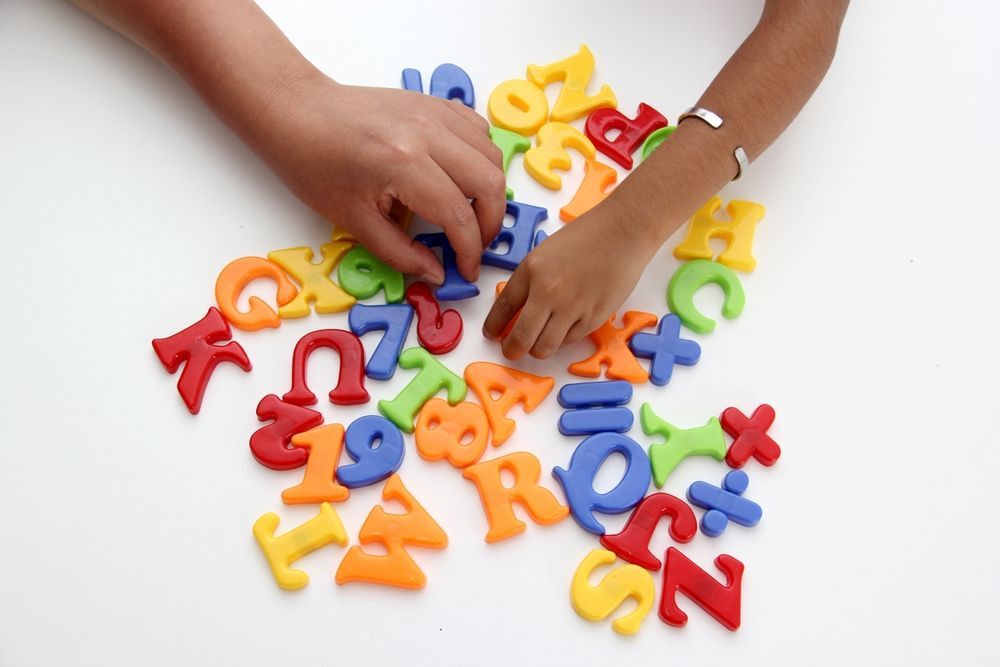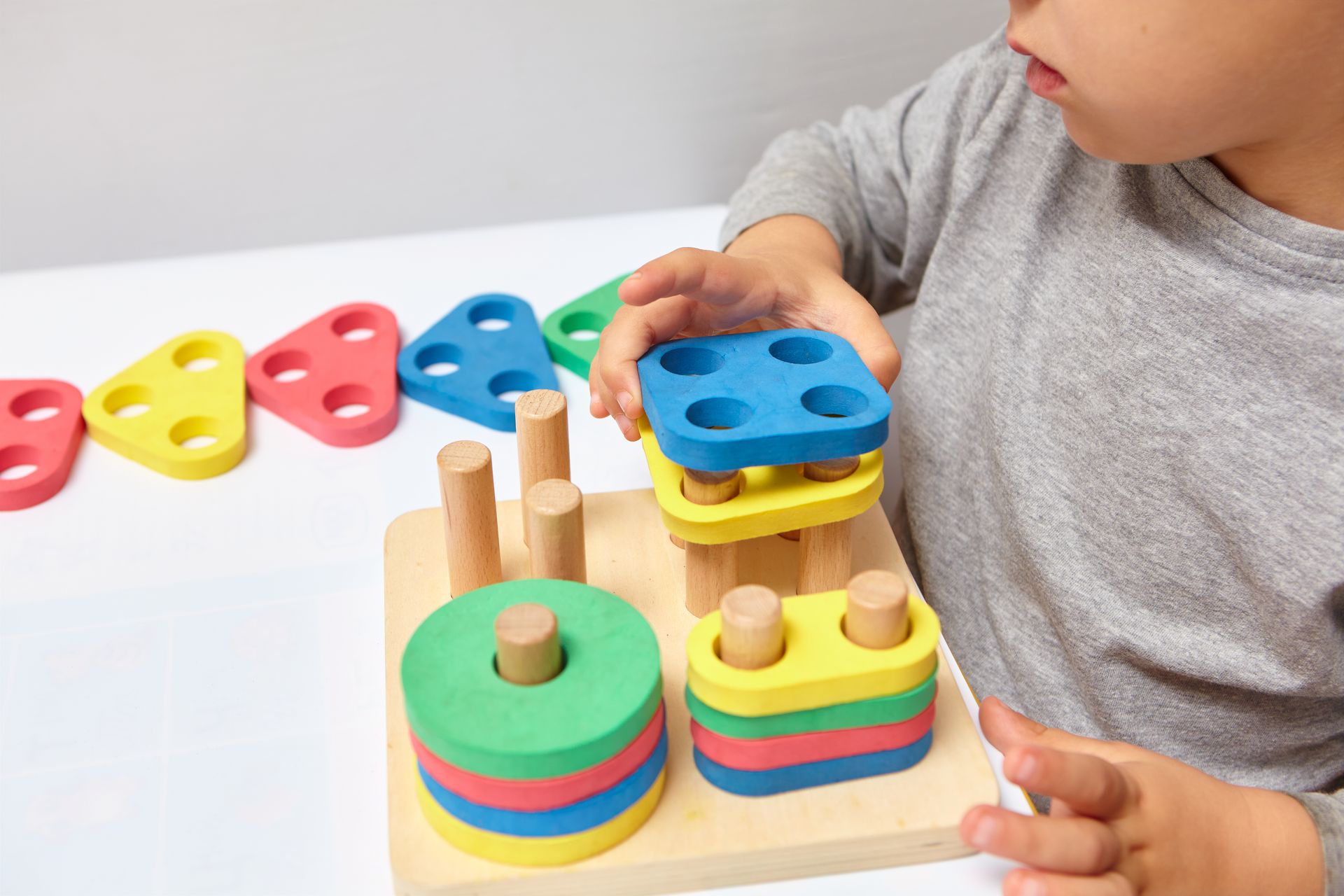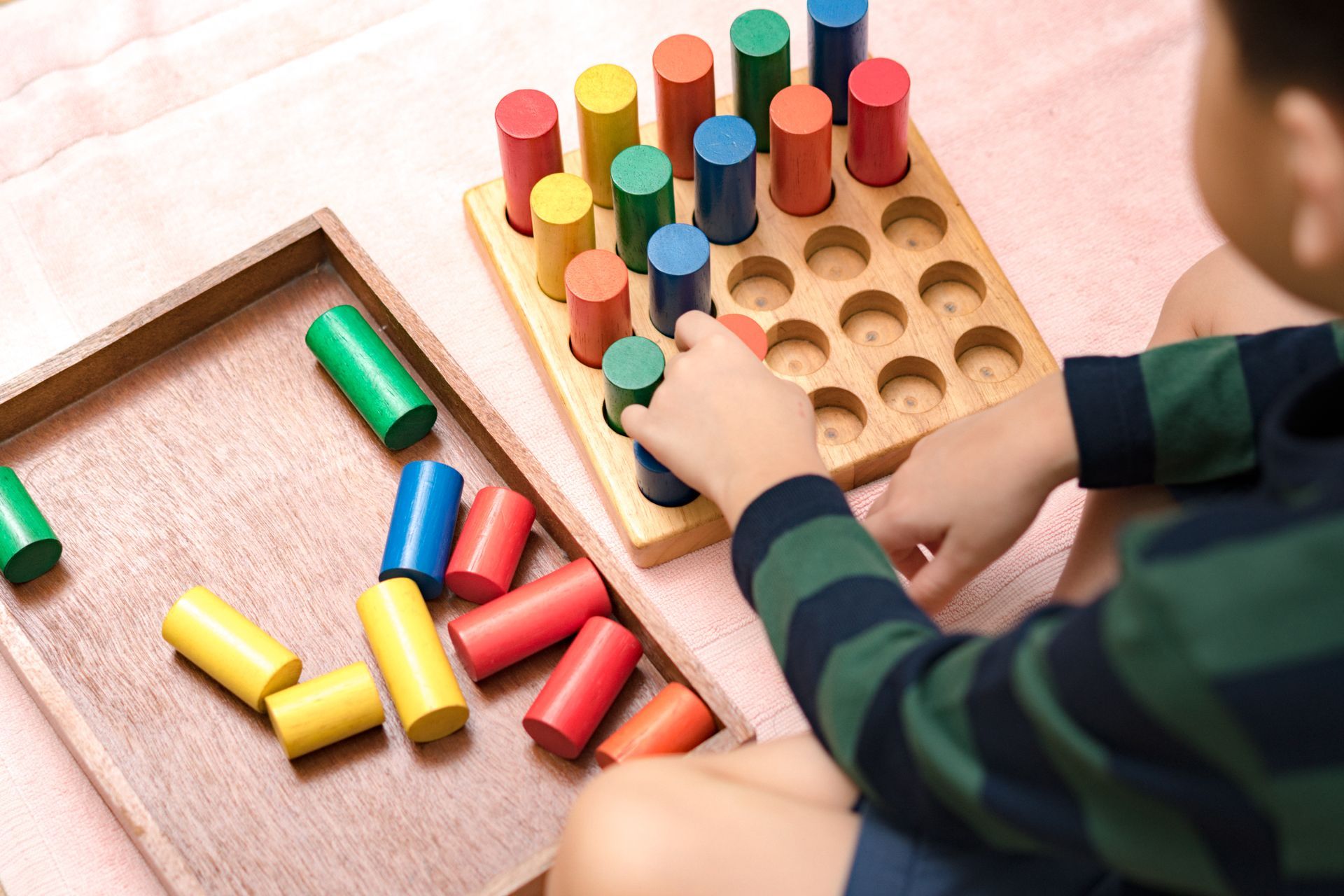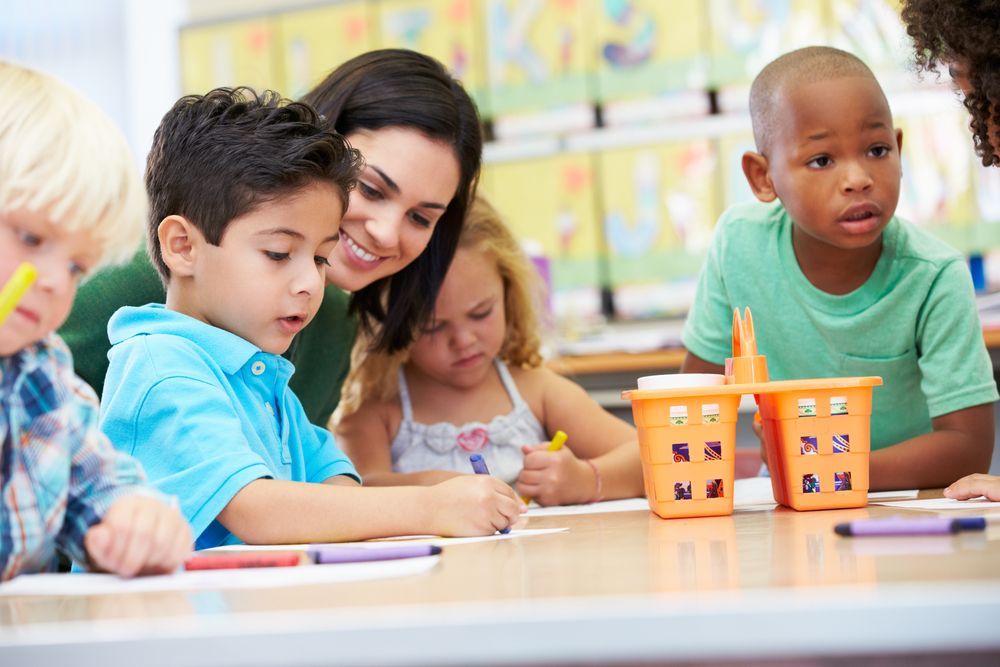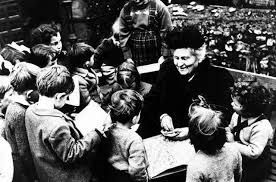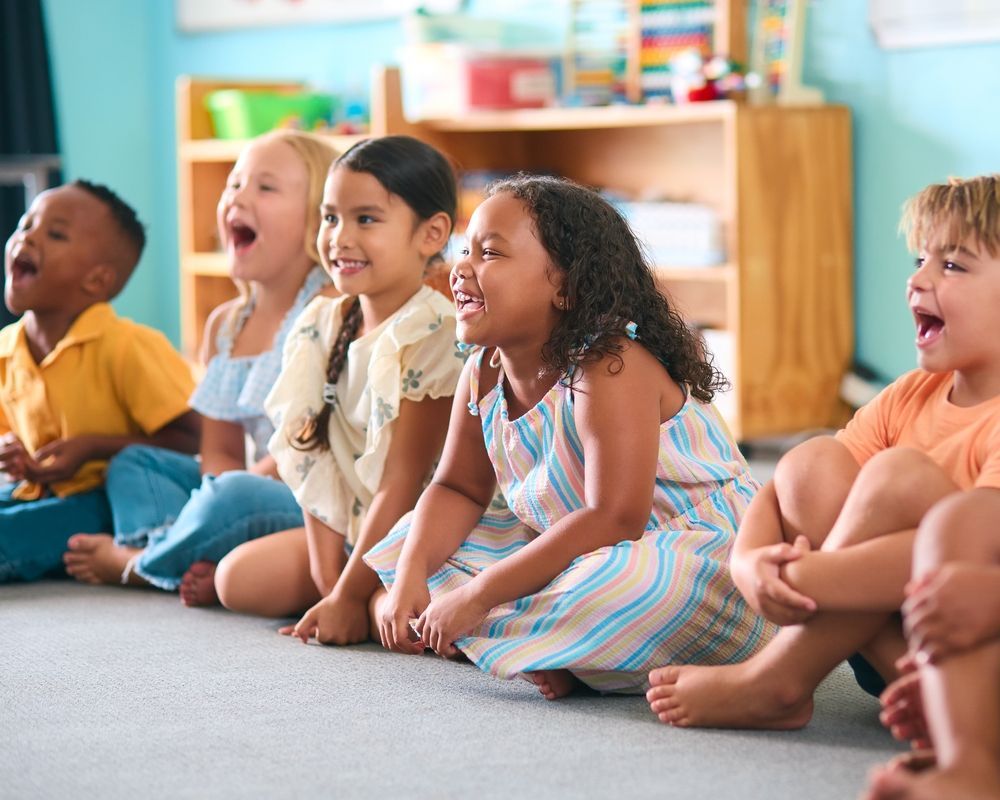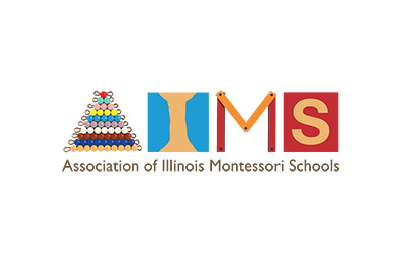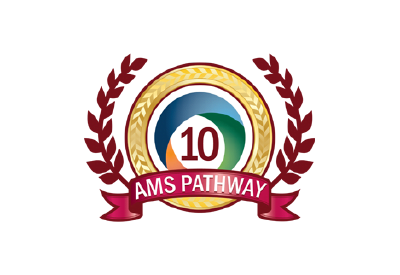Long-term Effects of the Montessori Method
Share this Article:
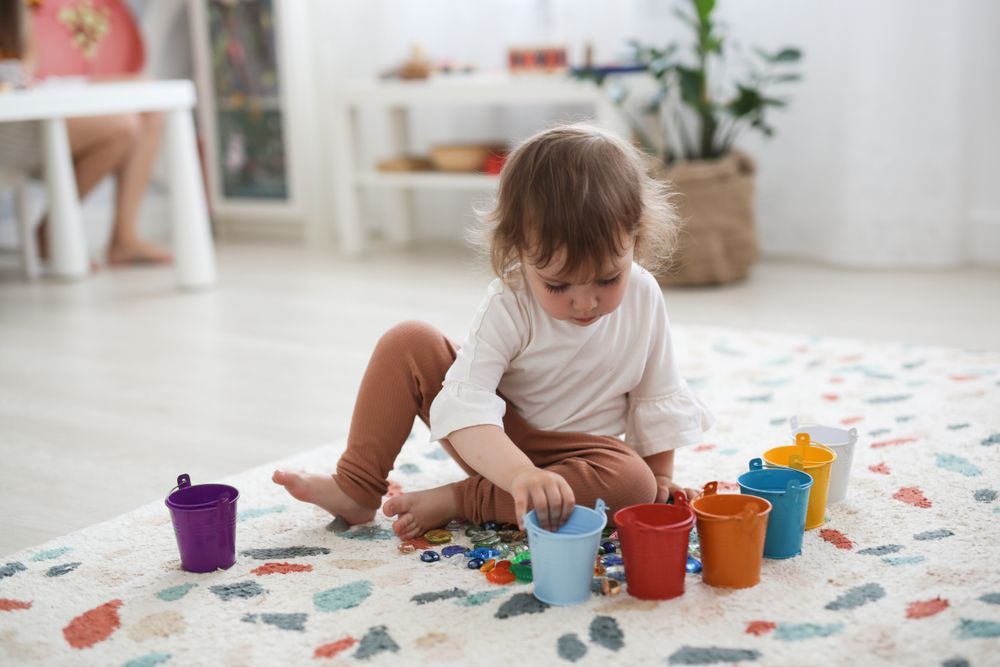
Deciding on the best type of education for your child isn’t always simplistic. Many factors play a role in this, including your previous experiences and overall goals for your child. For many people, the Montessori Method is one of the best choices for numerous reasons. If you are new to this method, making such a significant change for your child’s education can be worrisome. Yet, when you take a closer look at how this method works and what it creates for children, you may wish you had considered it long ago. That’s especially true when you consider the long-term effects of the Montessori Method.
The way a child learns will directly impact the way they move through life. A child that is taught information is able to provide that information back. A child that’s taught to enjoy learning and explore answers to their problems is able to do that throughout their lifetime. Take into consideration how this impacts the long-term effects of the Montessori Method on a person’s life.
Below are some of the most notable effects you will likely see in your child when they are in the Montessori classroom .
Self-Discipline and Self-Motivation
One of the core benefits of the Montessori Method is that it enables children to become more self-motivated. They don’t necessarily wait to be directed but take action instead. This method also focuses on self-discipline, which means that children learn what the expectations are and then are able to make decisions on how to respond to various situations on their own. Children will also spend time practicing things like self-control, often without the need for a teacher to “tell them what to do.” Rather, they learn through experiences and interactions with others.
Building self-motivation into a child’s life is one of the best ways to help encourage them to pursue their passions and interests. It can help later with career decision making, building and maintaining relationships, and making healthy lifestyle decisions. The Montessori development stages create an avenue for pursuing interests but also foster a sense of discipline early on.
Self-motivation is valuable throughout life. It is what helps people to pursue things that make them happy and encourages people to be disciplined in achieving the goals they set for themselves. Self-discipline and self-motivation are skills taught at a very young age.
Interest in Learning
Students of this educational method become lifelong learners. That is, they not only develop the skills needed to learn at a very high level, but they also enjoy learning new things. Lifelong learners are those who enjoy reading books, exploring new research, taking on new challenges, and solving problems.
It’s important to note that Montessori is versatile, and every child is different . That’s one of the best features of this type of education. It enables children not just to learn from a textbook the basic facts most students learn but to pursue areas that interest them more in-depth. For those who wish to raise a child interested in learning and expanding their mind, Montessori can teach the methods and foster a foundation of strength in this area.
The long-term effects of this often revolve around a child’s ability to learn during their early years but also to learn through college and beyond. They become lifelong learners who are often contributing that knowledge to the world around them. Because this method of education also focuses on creating independent learning, children become highly skilled in areas they are often passionate about.
Respect for Others
Another common outcome of Montessori education is a strong sense of respect. Many times, students develop a high level of respect for themselves and others. First, this education method is noted for its ability to ensure a child feels respected through the way the child is communicated with and supported. Encouraging self respect is important, but it does not stop there.
Over time, students gain skills that allow them to express themselves properly, which often means showing respect for others. This begins in the early education process and remains present no matter what the child is learning in any environment. Respect for all and showcasing the true uniqueness of each person help to convey a sense of valuing other people’s needs, opinions, and goals. This is not just about developing respect in the classroom but throughout life.
Independence
The Montessori Method is built on a foundation that encourages a child to be independent. This often involves a focus on the child’s ability to learn what he or she desires, but also on fostering a sense of being able to make decisions on their own and to overcome challenges. Instead of having to turn to the teacher for an answer to a question, the child learns how to find that answer themselves. That’s not because the teacher does not want to help the child but because it encourages the child to learn and solve their challenges on their own.
Promoting freedom of independence carries on throughout life. Many times, students who are taught in this method go on to ask bigger questions, dive into deep research, and produce better solutions not just for themselves but for the world around them. Problem solving and reasoning skills develop over time and carry on throughout a person’s lifetime. A child that’s taught how to find solutions to their problems is a resourceful adult many times over.
How to Explore the Montessori Method for Your Child
Spend some time engaging in what the Montessori Method could mean for your child. Reach out to Mansio Montessori today to learn more about the methods utilized in this educational process and how that translates into a lifetime of success. Set up a consultation to discuss your child’s needs today.
